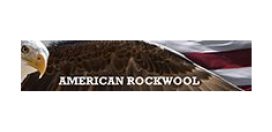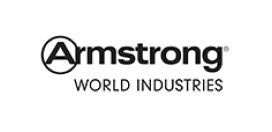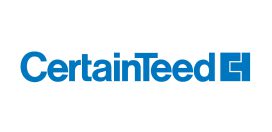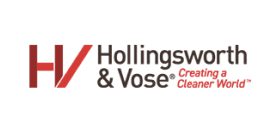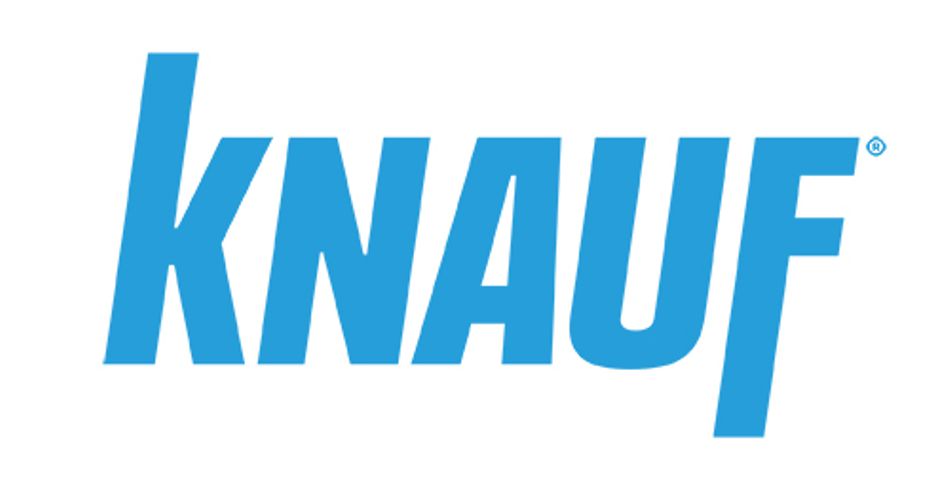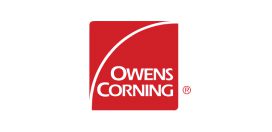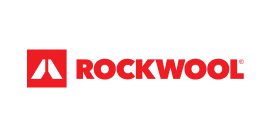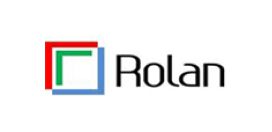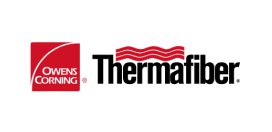Setting the Record Straight: Insulation and Low Carbon Buildings (N170)
–+This guide aims to correct misleading carbon claims made by some cellulose and wood fiber insulation manufacturers. It highlights why commonly available, cost-effective fiberglass insulation is among the best building materials for low-carbon construction. The guide contains data from recent reports that examine the carbon impacts of various insulation materials during the production stage, use phase, and considerations for the end-of-life cycle for insulation products. By offering transparency and accurate citations, the analysis presented here brings clarity to the topic.
Thermal Performance of Pipe Insulation: A Performance Degradation Comparison Study (C1228)
–+R & D Services conducted ASTM C335 thermal performance testing on fiberglass, mineral wool, and aerogel pipe insulation products. Testing showed that aerogel products experienced a reduction in thermal performance of as high as 20% under elevated temperatures. Fiberglass and mineral wool specimens experienced less than 2% thermal performance degradation.
How 3E Plus® Can Help You Apply for School Retrofits Funding Programs (N157)
–+The Infrastructure Investment and Jobs Act (IIJA) provides funding for U.S. schools to conduct energy-efficient retrofits that can reduce their building energy costs and emissions. NAIMA’s 3E Plus® tool is a free online resource that can help estimate energy cost savings from insulating piping and ductwork as part of school energy usage retrofits. It can be a valuable tool for schools in their overall effort to cut energy usage and costs.
Tips for Recruiting & Retaining Installers (N156)
–+How can insulation contractors improve their employee recruitment and retention efforts? Learn the latest insights on building industry recruitment and retention from new research and expert guidance from one of the nation’s top human resources marketing pros.
What’s in the Inflation Reduction Act that grows the market for Insulation? (N155)
–+This fact sheet summarizes the energy efficiency tax credits and programs included in the Inflation Reduction Act (IRA). The IRA offers billions of dollars in incentives for improving building energy efficiency to address climate change, including tax credits and incentives for new construction residential properties, existing home retrofits, and new and existing commercial buildings.
7 Advanced Framing Approaches with Fiberglass and Mineral Wool (N154)
–+Advanced framing means more than switching from 16” to 24” on center framing. Details like corners, wall intersections, and around windows are key to advanced framing success. This guide shows how to execute advanced framing and install proven effective fiberglass or mineral wool insulation for your projects.
Passive House Construction with Fiberglass and Mineral Wool (N152)
–+This guide provides an overview of passive house construction, compares net zero, code-built, and passive house construction, and presents a case study of one Colorado architect who designed and built his own home to the passive house standard using fiberglass and mineral wool insulation.
Fiberglass & Mineral Wool – High Performance Priced Right (N150)
–+Fiberglass Insulation: A Guide to Better Indoor Air Quality (N138)
–+Buried Ducts – The Newest Way to Uncover Savings (N087)
–+The 2018 IECC allows for buried ducts in vented attics and this is a great alternative to using spray foam. This piece outlines the estimated cost savings to builders using this approach versus using spray foam insulation.
Fiberglass Insulation is A Smart Choice for Your Home (N088)
–+There are four reason why fiberglass insulation is a great choice for high performance home builders and remodelers. This publication details the advantages of using fiberglass, including known ingredients.
A Contractor’s Perspective on Choosing Fiberglass Insulation (N076)
–+Provides case studies of several contractors who’ve chosen to use fiberglass insulation to reach RESNET Grade I installation in residential home construction.
Fiberglass vs. Spray Foam Insulation: Comparing The Facts (N079)
–+Make an informed insulation choice. With every construction project, homebuilders put their reputations on the line. That’s why it’s important for builders to feel confident their product choices assure jobsite safety for their contractors—and safe, cost-effective and comfortable homes for the homeowners.
The Benefits of Blown-In Fiberglass Insulation (N153)
–+Case Study: A Builder Perspective (N079)
–+Builders’ top choice for a reason. It’s the insulation used in 90% of current U.S. homes. Fiberglass is trusted to achieve maximum long-term value, flexibility and energy efficiency in any type of home. Read why two respected builders choose fiberglass insulation for their homes, and why they believe it outperforms the competition.
High Performance at the Right Price (NO84)
–+This case study compilation profiles four residential builders who are achieving high performance home targets like low HERS, scored homes, Zero Net Energy Ready and Energy Star Certified Homes using fiberglass insulation
Case Study: A Contractors Perspective Copy (N076)
–+When the topic is performance the focus is fiberglass. Why do so many major contractors choose fiberglass insulation to reach a RESNET Grade 1 install? It provides long-term value, optimum flexibility, and maximum safety and efficiency on the job. Here, three insulation contractors offer an up close look at their experiences and the many ways fiberglass insulation outperforms the competition.
5 Ways Fiberglass and Mineral Wool are Better For Business (N075)
–+Get the facts for a stronger business.
Maximum Jobsite Productivity Fact Sheet (N073)
–+Fiberglass and mineral wool enable you to quickly and completely insulate almost any structure, through unrivaled efficiency and flexibility.
Unmatched Value Versatility Fact Sheet (N072)
–+Fiberglass and mineral wool help you build a stronger business.
Proven Lifetime Performance Fact Sheet (N069)
–+See why fiberglass and mineral wool insulation are key to creating the highest performing builds possible.
Responsible For A Lifetime Fact Sheet (N074)
–+Fiberglass and mineral wool install safely and help make a lasting, positive impact.
A Performance Comparison of Today’s Environmental Home Builder & Renovation Projects – Canadian Market (NACA101)
–+This brochure compares the most common insulation selection criteria for fibre glass insulation, cellulose insulation, mineral wool insulation, cotton insulation and spray foam insulation for the Canadian home building market. Comparison data includes information on thermal performance, fire safety, moisture absorption, settling, recycled content, product testing and more.
Installation Critical Details for Batt Insulation
–+Insulating homes to the latest energy codes requires care and attention to detail to maximize efficiency and year round comfort. See how professionals insulate attic hatches, ceilings with and without attics, roof decks, around ventilation baffles and chutes, floors and knee walls with fiberglass and rock wool batt insulation.
Installation Tech Tips for Batt Insulation
–+Homes insulated with fiberglass or rock wool batt insulation can meet the RESNET Grade 1 installation requirements by fitting and filling all cavities, and carefully insulating all around obstacles such as electrical boxes, recessed lighting, wires and cables, piping, exhaust fans and duct connectors. This pictorial guide shows insulating tips on cutting and fitting insulation batts into places like under stairways, around fireplaces, tubs and showers, and band joists and how to check for compression, gaps, voids or misalignments.
Engineered to Outperform™ (N068)
–+Learn the fact of why fiberglass and mineral wool are Engineered to Outperform.™
25 Checkpoints for Inspecting Insulation Jobs (N077)
–+This laminated, pocket-sized card helps inspectors, builders and contractors easily determine if insulation is properly installed.
Fiberglass and Mineral Wool in Residential Construction (BI402)
–+Installing Fiberglass and Mineral Wool in Residential Construction Includes information on fiberglass, rock wool and slag wool batt insulation, where it is installed, labeling procedures, vapor retarders, and recommended clothing and equipment. This booklet was reviewed by the Insulation Contractors Association of America (ICAA).
Loose-Fill in Residential Construction (BI403)
–+Installing loose-fill insulation in residential and other light-frame construction. Includes information on installing insulation including ceiling installation guidelines, sidewall installation guidelines and material specifications. This booklet was reviewed by the Insulation Contractors Association of America (ICAA).
